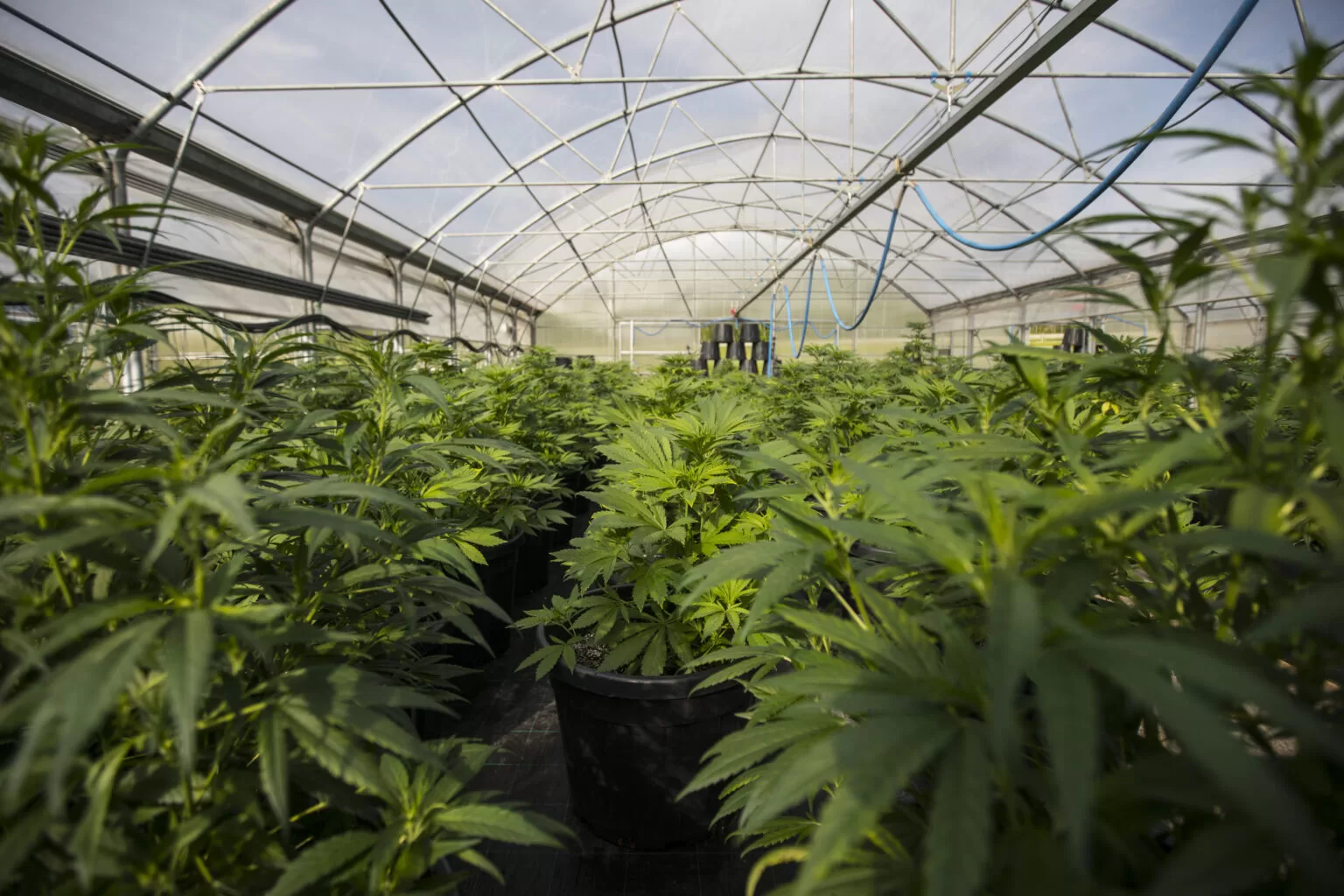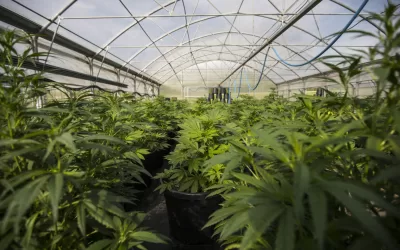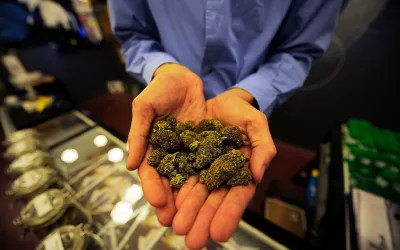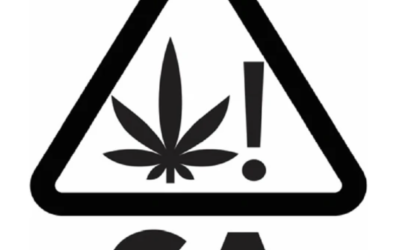Hemp-infused products will soon undergo pesticide testing similar to that of their marijuana counterparts.
A lack of federal guidance since hemp’s federal legalization in 2018 has left Colorado to regulate CBD and hemp-derived extracts on its own. Following a glut in the industry from an oversupply of hemp biomass, the Colorado Department of Public Health and Environment began rolling out hemp regulations in April.
The new rules are set to take effect in full on October 1, but testing has already begun for 106 different pesticides, as well as heavy metals and other residual solvents used in the hemp extraction process, according to Jeff Lawrence, CDPHE director of environmental health and sustainability. Ingredients derived from hemp and intended for consumption, including food, drinks, cosmetics and pet products, will be subject to the testing.
“Ultimately, this is a public-health issue. In 2018, when, statutorily, these products were allowed, we said it would be treated like every other food and dietary supplement requirement,” Lawrence explains.
A list of areas where Colorado’s hemp rules needed reform was laid out by a state-approved panel earlier this year, including guidelines for new CBD and hemp-derived extract testing. On top of contaminant testing, the new regulations require an exact percentage of THC content to be included on hemp product labels.
The CBD craze might be calming down, but Lawrence says Colorado wants to help legitimize a still-growing hemp industry, by enforcing universal standards similar to safety regulations already enforced by the United States Food and Drug Administration.
The regulations don’t apply to industrial hemp products not intended for human consumption, such as textiles, fuel and other industrial materials. Hemp-derived smokable products are excluded, as well, including those with modified cannabinoids like Delta-8 THC.
“We don’t want to burden the industry,” Lawrence says. “But what we’ve learned is that there are things in hemp products that we obviously need to be considerate of. Since the inception of hemp, Colorado has been a leader in this industry. This will provide some better guidance.”
The first rollout of regulations began in April, with most testing requirements for heavy metals, microbial and residual solvents going into effect July 1; pesticide testing had a delayed implementation date, but is expected to begin rolling out by August 1.
“For quality brands and manufacturers who have already been doing full panel testing, this won’t be a very big change for them,” says Lisa Stemmer, marketing director for Colorado’s only state-certified hemp testing lab, Botanacor Laboratories. “I could certainly see it being a bit intimidating for those who are newer to the industry, but overall, I think it’s a positive thing.
“We’re talking about having CBD as a regulated nutritional supplement and food additive. I think what CDPHE recognizes is that this is going to be enforced at the federal level at some point, and now we’re just prepared with a head start.”
At the moment, Colorado has just one state-certified testing lab for hemp contaminants, with a second lab based in California, InfiniteCAL, currently waiting approval from the CDPHE. Because hemp can now cross state lines, facilities in other states could pursue state certification in Colorado, Stemmer adds.
Hemp farmers and business prospects rushed into a promising market in 2018 after federal legalization. But that unregulated, booming market eventually resulted in an overabundance of goods. The new regulations could slow down Colorado’s contribution to this excess, according to Stemmer.
“[Companies] are being more strategic and thoughtful about what they’re producing, so they might not be producing as much, but they’re producing much better quality,” she says.
Colorado Hemp Education Association co-founder Jackie Chenoweth suggests that although the regulations might slow down the CBD side of the hemp industry, they could highlight the plant’s versatility to produce goods not intended for consumption, like fabric, paper, plastics and fuel.
“This plant could literally save us from ourselves if it were grown and utilized to make thousands of everyday products,” Chenoweth says.
Did recalled Missouri cannabis products pose health risks? Regulators aren’t sure
By Rebecca Rivas Lab experts say the state’s mandated testing process for marijuana is not designed for the chemicals...




